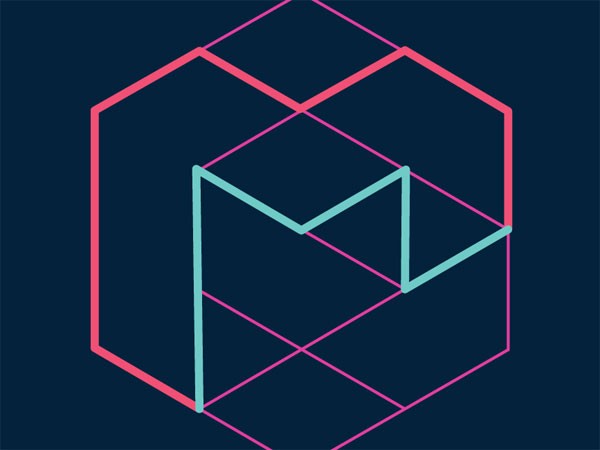Google's machine learning program just used artificial intelligence (AI) to launch its first piece of human art. The 90-second piano song was written through Magenta's neural network that was provided with four notes for writing a musical melody. Drums and orchestra were added after the AI's algorithm developed by the tech giant's Brain Team wrote the piece.
This was the first product made by Google's Magenta program. The goal of the machine learning system announced last week at the music, art and tech festival Moogfest is to create music and art.
Google also posted a new blog post that describes Magenta's goals and its broader artistic objectives. Magenta hopes to promote machine-made art. It also wants to create a community of artists based on the art.
However, Google's short-term goal is to create systems that work with tools artists already use. Google explained that it will start with audio/video support including platforms that connect artists to machine learning models, according to The Verge.
Magenta is built on Google's open-source TensorFlow system, and the Alphabet company will also publish its open-source code on GitHub. Google thinks the tech will improve quickly.
In the past Google has done other experiments with machine-made art. Its DeepDream algorithm made original art for a gallery show earlier this year.
Google's researchers note that the problem with past machine-generated art was that it did not include long-form pieces. Magenta researcher Douglas Eck explains that the past music included good short tunes but did not have a long-term arc.
Eck noted that machine learning was used in the past for speech recognition and language translation. However, Magenta's new tune shows how machine-learning tools can help to create original works of art and provide AI for human artists.
Eck wrote in a statement that the company is not sure how musicians will use Google's new tools that provide self-learning for the AI engine. However, it is excited to learn
Machine learning could be the tech that has the biggest effect on the world by resulting in smarter software, according to Tech Crunch. It could also allow computers to do new tasks such as diagnosing diseases and driving cars.
Here's Magenta's first sone:



























